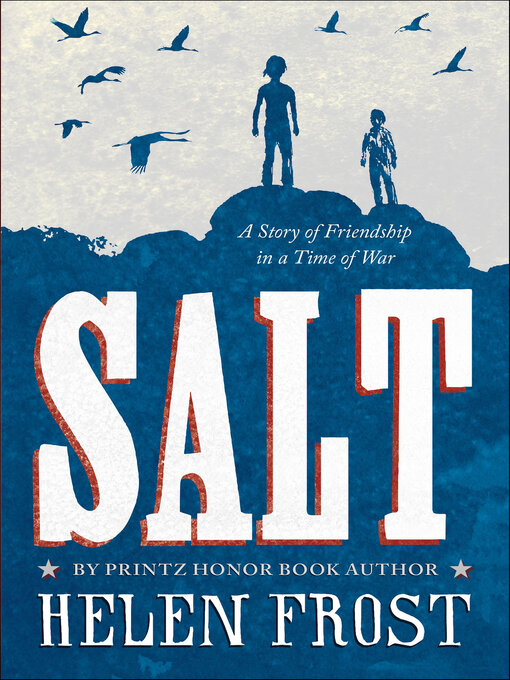Anikwa and James, twelve years old in 1812, spend their days fishing, trapping, and exploring together in the forests of the Indiana Territory. To Anikwa and his family, members of the Miami tribe, this land has been home for centuries. As traders, James's family has ties to the Miami community as well as to the American soldiers in the fort.
Now tensions are rising—the British and American armies prepare to meet at Fort Wayne for a crucial battle, and Native Americans from surrounding tribes gather in Kekionga to protect their homeland. After trading stops and precious commodities, like salt, are withheld, the fort comes under siege, and war ravages the land. James and Anikwa, like everyone around them, must decide where their deepest loyalties lie. Can their families—and their friendship—survive?
In Salt, Printz Honor author Helen Frost offers a compelling look at a difficult time in history.
A Kirkus Reviews Best Book of 2013
A Frances Foster Book
- Soups, Stews, and Comfort Foods
- Newly Added eBooks
- Featured: Available Now eBooks
- Our Once and Future World
- A Garden of Stories
- For Fans of The Great British Baking Show
- The Great Outdoors
- Countdown to Christmas
- Money Smart
- See all ebooks collections
- ALWAYS AVAILABLE
- Newly Added Audiobooks
- Listen Together
- It's a Mystery!
- Awesome Audiobooks for Teens
- The Stars are Aligned!
- For Fans of The Great British Baking Show
- The Great Outdoors
- Poetry Audiobooks
- Money Smart
- See all audiobooks collections





